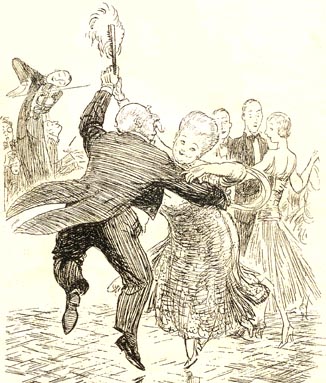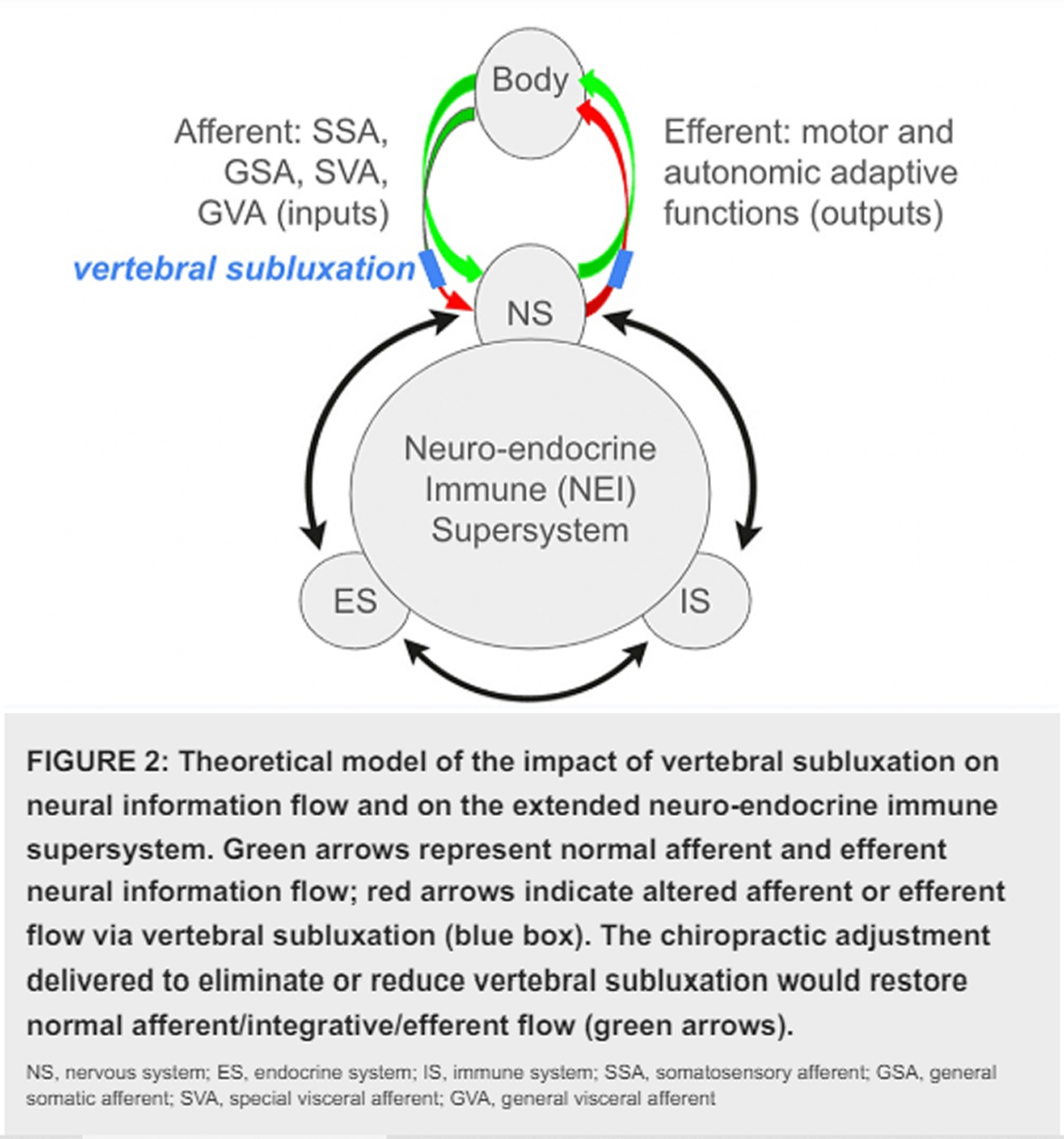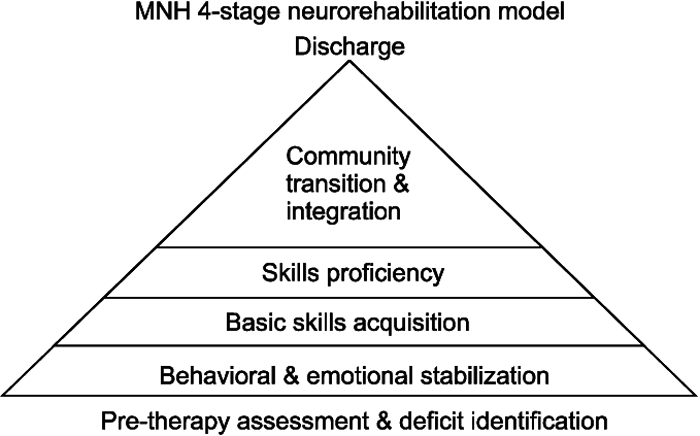Use It or Lose It: Dancing Makes You Smarter
SOURCE: Richard Powers
For centuries, dance manuals and other writings have lauded the health benefits of dancing, usually as physical exercise. More recently we’ve seen research on further health benefits of dancing, such as stress reduction and increased serotonin level, with its sense of well-being.
Then most recently we’ve heard of another benefit: Frequent dancing apparently makes us smarter. A major study added to the growing evidence that stimulating one’s mind can ward off Alzheimer’s disease and other dementia, much as physical exercise can keep the body fit. Dancing also increases cognitive acuity at all ages.
You may have heard about the New England Journal of Medicine report on the effects of recreational activities on mental acuity in aging. Here it is in a nutshell.
 |
The 21-year study of senior citizens, 75 and older, was led by the Albert Einstein College of Medicine in New York City, funded by the National Institute on Aging, and published in the New England Journal of Medicine. Their method for objectively measuring mental acuity in aging was to monitor rates of dementia, including Alzheimer’s disease.
The study wanted to see if any physical or cognitive recreational activities influenced mental acuity. They discovered that some activities had a significant beneficial effect. Other activities had none.
They studied cognitive activities such as reading books, writing for pleasure, doing crossword puzzles, playing cards and playing musical instruments. And they studied physical activities like playing tennis or golf, swimming, bicycling, dancing, walking for exercise and doing housework.
One of the big surprises of the study was that almost none of the physical activities appeared to offer any protection against dementia. There can be cardiovascular benefits of course, but the focus of this study was on the mind. There was one important exception: the only physical activity to offer protection against dementia was frequent dancing.
- Reading – 35% reduced risk of dementia
- Bicycling and swimming – 0%
- Doing crossword puzzles at least four days a week – 47%
- Playing golf – 0%
- Dancing frequently – 76%
Dancing provided the greatest risk reduction of any activity studied, cognitive or physical. WOW!
Thanks to Bob Ferguson for sharing this article with all of you natural-born dancers!
Strap on your dancing shoes and read the rest of this article right now!






We have always told our patients that if they want to keep moving as they get older, they need to keep moving as they get older. But it is good to know that not only is dancing a great social resource but a wonderful source for mental acuity in the aging.